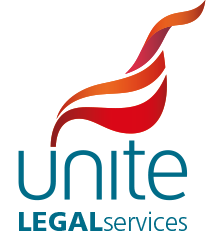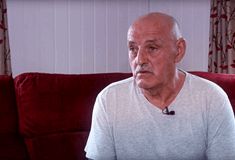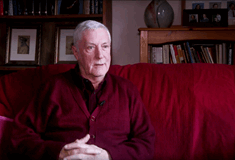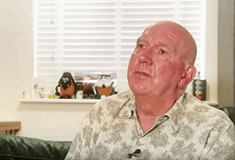Gary Hall, a father of two, was working for telecommunications provider NextGenAccess Ltd in Hatfield when he was diagnosed with bowel cancer in 2018. In the two years that followed, he needed medical leave to undergo three surgeries.
In January 2020, within minutes of returning from medical leave following his third operation, the Unite member was made redundant. He immediately sought support from Unite Legal Services.
“I was told there were changes and I was out, yet they’d taken on three other people to do my job,” Gary said. “They said they couldn’t afford me any longer too, yet the salaries of the new employees amounted to much more than I was earning.”
Two months earlier, ahead of his third operation, Gary had been called to a meeting with the company’s managing director.
“The meeting before my third operation was strange,” he said. “There were lots of questions about my health, which I found odd as they had never really taken much interest before.
“When I came home from the hospital, I opened my work emails and, whereas I had before always been kept in the loop, there was nothing from my employer. I said to my wife that something wasn’t right.”
Unite Legal Services helped secure £56,000 compensation for Gary. As a Unite member, he keeps 100 per cent of that money.
“I’m grateful for Unite’s support,” he said. “The compensation makes it clear it was unacceptable for my employer to dismiss me when I was fighting cancer and ensures my family haven’t been left in financial peril”, he said.
Peter Kavanagh, London and Eastern regional secretary from Unite the Union, added: “The law in this country classes cancer as a disability and rightly protects employees with cancer from unfair treatment and discrimination.
“Employers, be warned – there are consequences if you disregard workers’ rights. Living with cancer is a huge challenge for workers and their families. During such difficult times, they deserve our compassion, support and, above all, fair treatment.”









